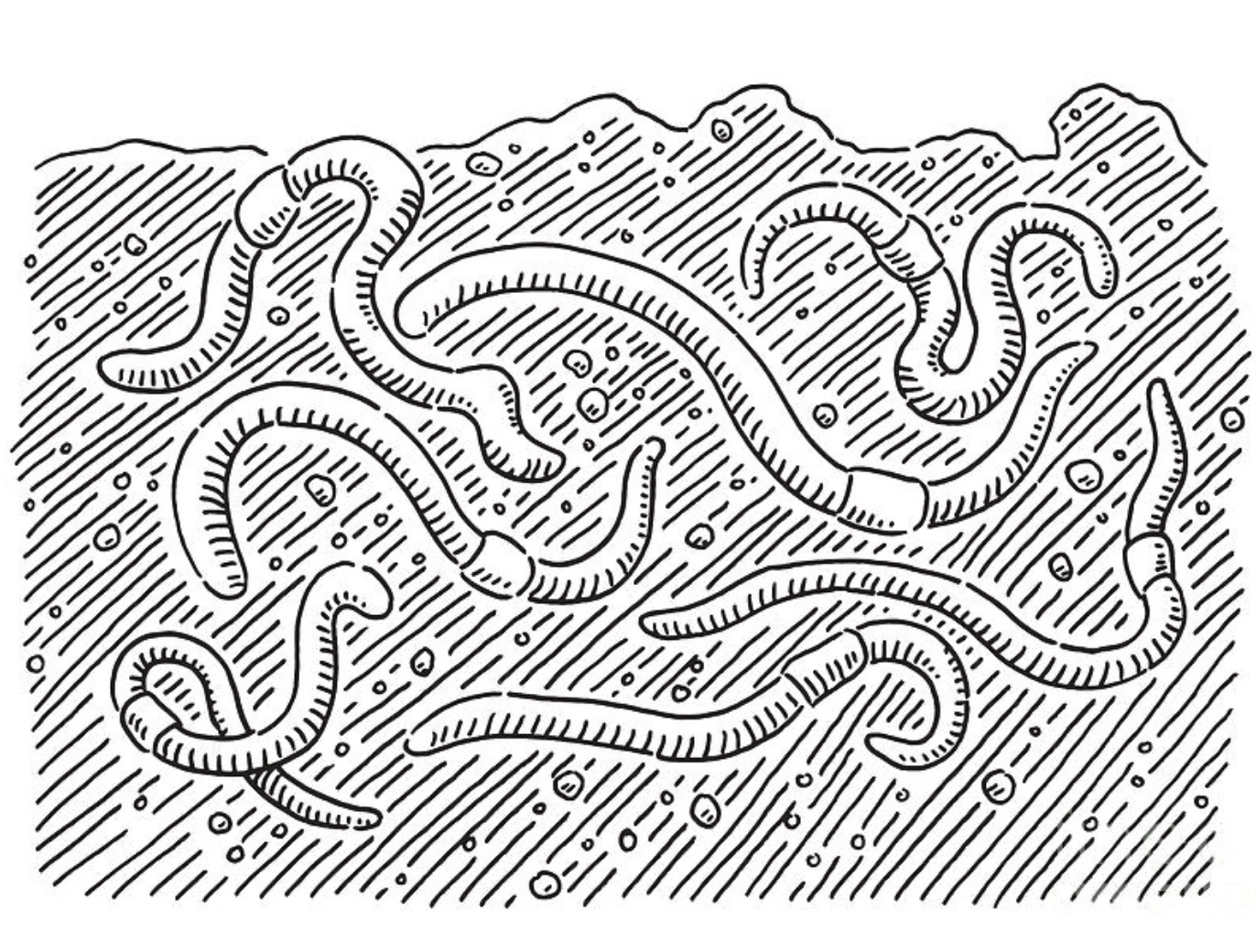Digging below the entertainment of Clarkson’s Farm successful third series, a fundamental problem can be found that will affect us all. But will we have enough time to find a solution?
The TV series Clarkson’s Farm shows how difficult it is for his farm Didley Squat Farm to make any money. Over the three series, Jeremy and the rest of his team have tried to develop new income streams such as: a farm shop, restaurant, growing different crops, farming sheep and cattle, at the same time as improving bio-diversity. But at each attempt he ran into various problems including layers of of bureaucracy.
During the recent series, a competition was set up between Jeremy and his side kick Kaleb Cooper. Kaleb had to maximise the profit from the arable side of the farm, and Jeremy was to make money from the non-productive areas of the farm such as the wood. Included in Jeremy’s new income streams were breeding pigs in the wood, rearing goats to clear overgrown areas of the farm which would then be rented out to other farmers for a similar use, and grow mushrooms in what looked like an an old air raid shelter.
During one of the episodes Andy Cato of Wildfarmed discussed the adverse effect of the current faming practices on the health of the soil, and at best it had about two generations of harvests left. He described the principles of regenerative farming and how it will improve the health of the soil. The term regenerative farming has been increasingly used since the 1980s, but it is only in the last 10 years that it has gained a higher profile through various campaigns. As the name suggests, it is an approach to farming that, in theory, allows the land, the soil, water, and nutrients to recover through different cropping approaches. To test the principles, a small plot on Didley Squat was sown with a mix of grain and beans. The beans were included to improve the nitrogen levels in the soil and therefore reduce the amount of artificial fertiliser. During the last episode the results from the plot were pulled together and although the crop yield was down the inputs such as fertiliser were lower and therefore the plot made a profit. Which is good news for farmers. I was interested in how much the health of the soil had recovered so I contacted Wildfarmed but I have received no reply. However, checking other peoples work in the area such as Gabe Brown, although the health of the soil will return after many years of regenerative farming the yield never fully returns to that produced by current farming techniques. So here is the problem: if regenerative farming was scaled up across the UK then the yield would be down, and if the demand for the crops stay constant then the price will go up resulting in increased food prices. So to save our soil, food prices will go up.
If we are going to find a balance between improving the health of our our soil and increased food prices then a discussion will be needed between three different groups: famers, the government and us, the consumer. For example, as food prices go up the government could reduce the import tariffs on grain which would bring food prices down but that would reduce the profitability for farmers. Another approach the government could take is to stimulate economic activity so that there is more money in our pockets to pay for the higher prices. But given their performance over the last ten to twenty years I am not hopeful. Of course they could increase taxes and improve farming subsidies but that is not a vote winner. Similarly farmers would face lots of challenges. Although their profitability may improve using regenerative farming there is the ongoing impact of climate change which will make the growing of any future crops difficult. Then there is us, the consumer. If we changed our eating habits and reduced our meat consumption then less grain would be fed to animals, which is expensive way to produce food. For example, it has been calculated that a 15% reduction in meat consumption across the EU would have nulified the global grain shortage caused by the war in Ukraine. But all of these questions, and I’m sure there are many more, will need lots of discussion to thrash out the best action to be taken.
From my experience, Clarkson’s Farm gives the viewer the most accurate view of the struggles of farming in the UK. Scaling up of regenerative farming which is required to save our soil will require a constructive discussion and agreement between farmers, politicians and us the consumer. It is going to take tens of years for the health of the soil to fully recover which is time that the soil probably hasn’t got therefore the discussions need to start now!
PS After I wrote this post I came across a document with the same title Saving Our Soils which is part of the Soil Association’s campaign to raise awareness of soil health. It gives a seven point plan to address soil health and is well worth a read. They are also running a campiagn where individuals can pledge to improve the health of soil - so show some support and give it a click
